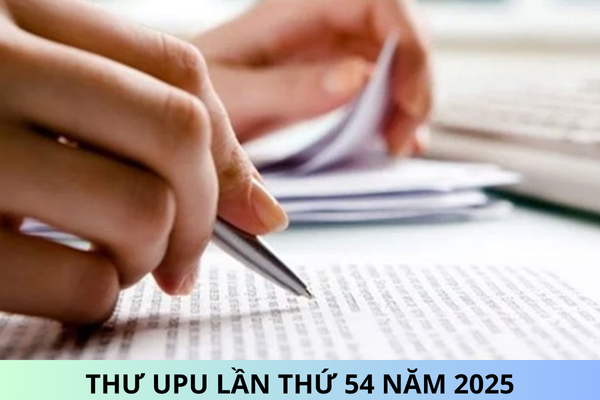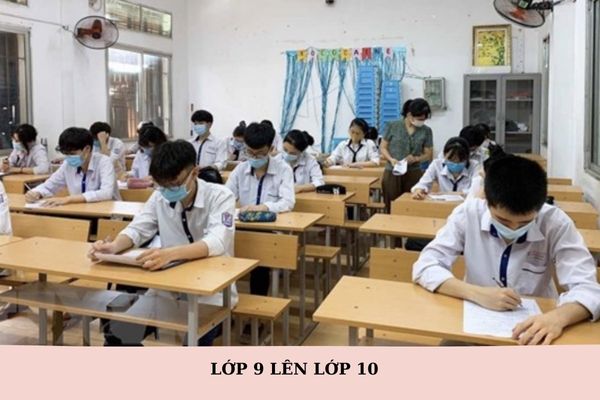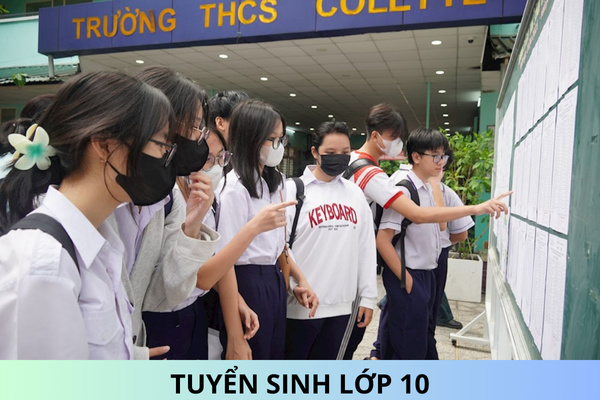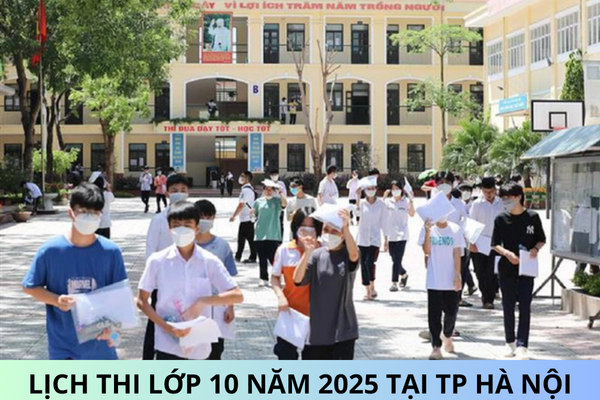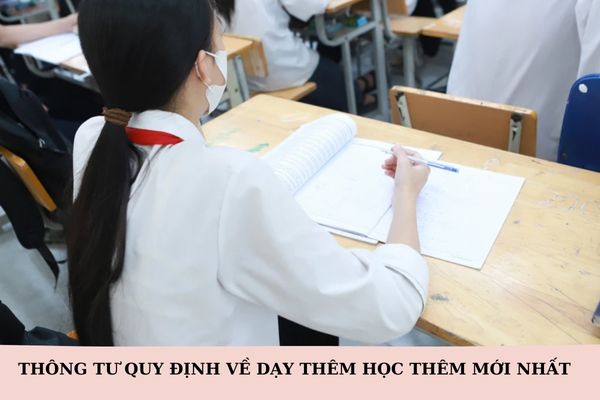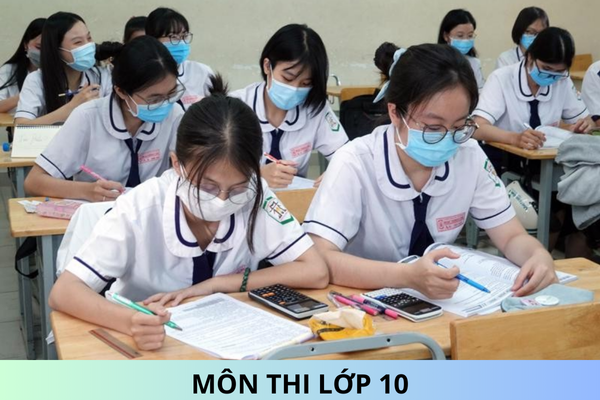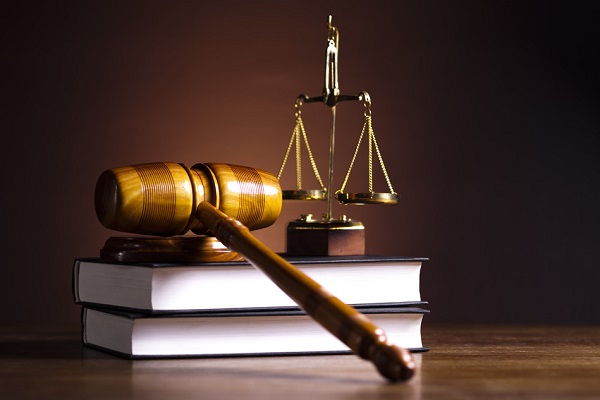Can a lawyer be a lecturer teaching law at universities in Vietnam?
Can a lawyer be a lecturer teaching law at universities in Vietnam?
I am a third-year student and I plan to study to become a lawyer. Can I become a lecturer at a university after studying lawyer? Thank you.
Can a lawyer be a lecturer teaching law at universities in Vietnam?
Pursuant to Article 72 of the Law on Education in 2019 stipulating standardized educational qualifications of teachers as follows:
1. Standardized educational qualifications of teachers are regulated as follows:
a) Teachers of preschool education teachers must possess at least a pedagogical college diploma;
b) Teachers of primary education, lower secondary education and upper secondary education must possess at least a bachelor’s degree in pedagogy training.
In case a subject is yet to acquire enough teachers with bachelor’s degree in pedagogy training, teachers of this subject must possess a bachelor's degree of suitable specialization and a certificate of pedagogy training;
c) Lecturers of higher education must possess a master’s degree; lecturers teaching or instructing master or doctor’s theses must possess a doctoral degree.
b) Standardized educational qualifications of teachers working in institutions of vocational education shall follow regulations in the Law on Vocational education.
As regulations above, only persons with a master’s degree can be lecturers of higher education. Therefore, a lawyer cannot be a lecturer teaching law at universities in Vietnam.
Can a lawyer be a lecturer teaching law at universities in Vietnam? - Image from Internet
What are prohibited acts for lawyers in Vietnam?
Pursuant to Clause 3 Article 1 of the Law on amendments to the Law on Lawyers in 2012 stipulating prohibited acts for lawyers in Vietnam as follows:
1. Lawyers are prohibited to commit the following acts:
a) Providing legal services for clients that have conflicting interests in the same criminal, civil, administrative lawsuit, civil cases, or other cases as prescribed by law (hereinafter referred to as cases);
b) Deliberately providing, or guiding clients to provide, fake exhibits and documents; induce the detainees, suspects, defendants, litigants to provide false information, or induce clients to file illegal complaints, denunciations, or lawsuits;
c) Reveal information about the cases and the clients that they know during their practice, unless such clients concur in writing, or otherwise prescribed by law;
d) Harassing or deceiving clients
dd) Receiving or requesting any amount of money or benefit from clients apart from the agreed amount in the legal service contracts;
e) Cooperate with other presiding officers, litigants, officers, or officials, to violate laws when resolving cases;
g) Misusing the lawyer’s practice to negatively affect the national security and social order, to infringe the interests of the State, the public interests, and the legal interests of other organizations and individuals;
h) Receiving or requesting any amount of money or benefit when giving legal supports to the clients entitled to legal supports by statute; refusing to resolve the cases requested by legal support organizations, by the presiding agencies, except for force majeure as prescribed by law;
i) Insulting or assaulting other organizations and individuals during the proceedings;
k) Committing or helping clients to commit violations of law to delay or obstruct the activities of the presiding agencies and other State agencies.
2. Organizations and individuals are prohibited to obstruct the lawyers’ practice.
Best regards!
